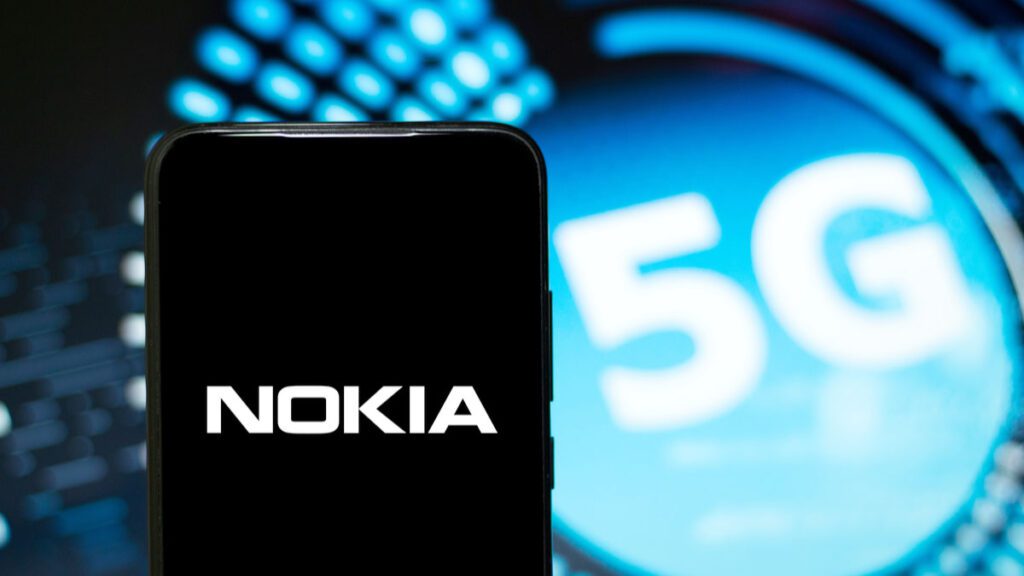Nokia completes new 5G mobile broadband speed record of 3Gbps

Nokia, China Mobile (CMCC) and MediaTek has successfully achieved, in a joint trial, a new Standalone 5G (SA) download speed record of 2.94Gbps (Gigabits per second).
The trial isn’t as fast as some previous tests, however, it was achieved using modest amounts of spectrum within the common 700MHz and 2.6GHz bands.
“Achieved a new 5G Standalone speed record of almost 3Gbps in downlink throughput using Nokia’s commercial 5G Airscale portfolio, China Mobile’s network, and MediaTek’s mobile platform in Shanghai,” said a press release from the vendor.
As such, the move will allow communication service providers to deliver higher inputs and better coverage to more customers such as superior mobile broadband services and HD video, it said.
It is worth mentioning that the new trial brought together the first deployment 3 Components (3CC) Carrier Aggregation (CA) technology (i.e. combining multiple bands together to boost data speeds and coverage) with 5G FDD spectrum from a much more familiar band (30MHz from the 700MHz / n28 band) and some 5G TDD spectrum (100+60MHz from the 2.6GHz / n41 band). Both 700MHz and 2.6GHz are used in the UK, but the latter is currently a 4G service.
In parallel, the trial used Nokia’s AirScale 5G baseband and MediaTek’s Dimensity 9000 5G flagship mobile platform on CMCC’s network. It is the first time the n28 (700MHz band; 30MHz) and n41 (2.6GHz band; 100+60MHz) frequency bands have been successfully combined to reach 190Mhz bandwidth (n28 + n41) with carrier aggregation technology.
The past 5G speed records, which have gone significantly faster include companies such as Nokia, Elisa and Qualcomm’s 8Gbps test in 2020. The companies reached such levels by utilising much higher radio frequencies in the millimetre Wave (mmW) bands.
But the problem with mmW is that such signals are extremely weak and thus don’t move very far in a regular mobile environment, which limits their usefulness.
Nokia is a strategic partner of CMCC, the world’s largest mobile operator for over 20 years, while the latter is building out its network with the convergence of the 700MHz and 2.6GHz band.
“With CA technology, the spectrum advantages of these bands can be used to greatly improve the network performance and deliver a superior customer experience,” the company noted.
